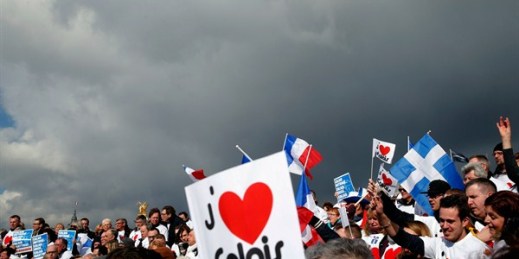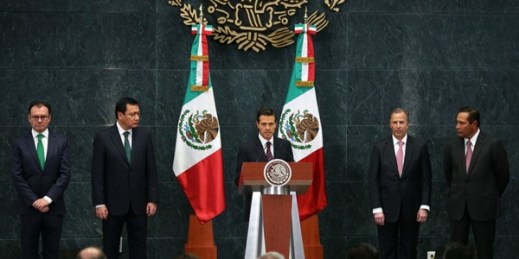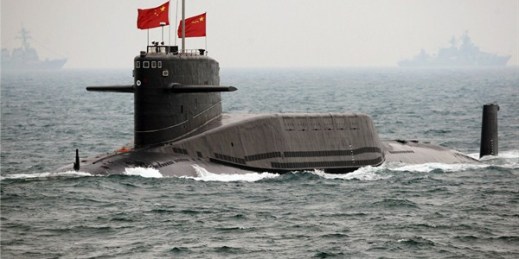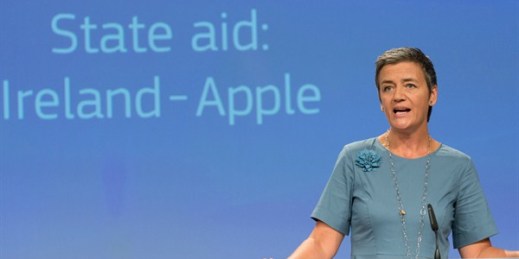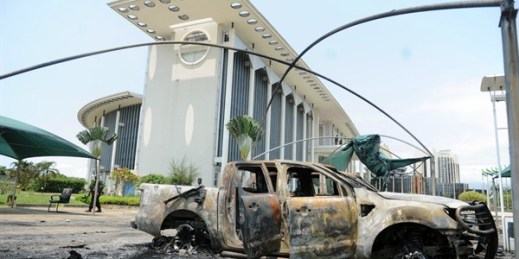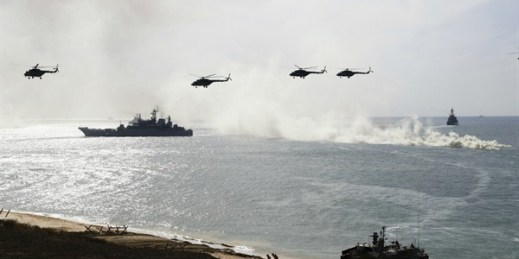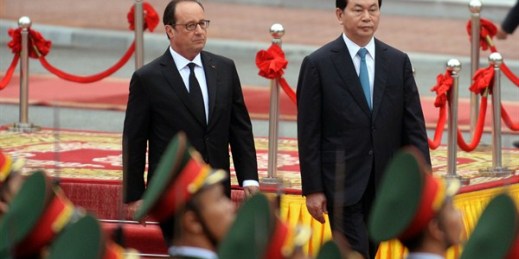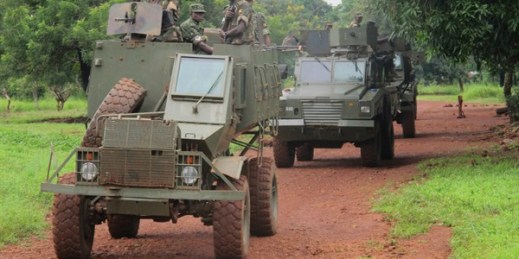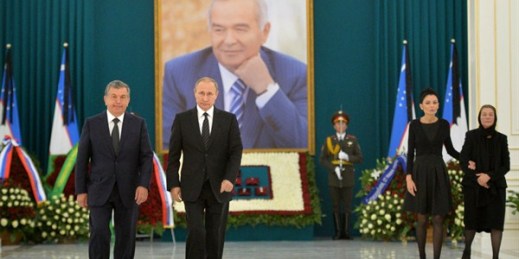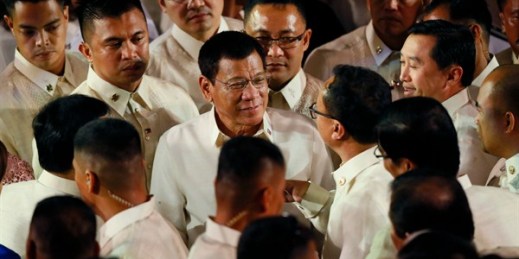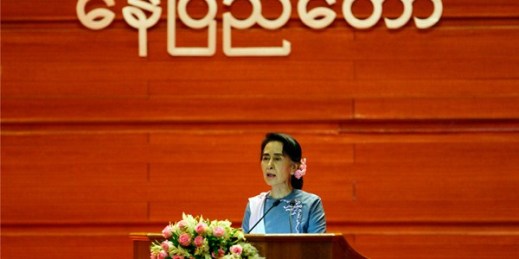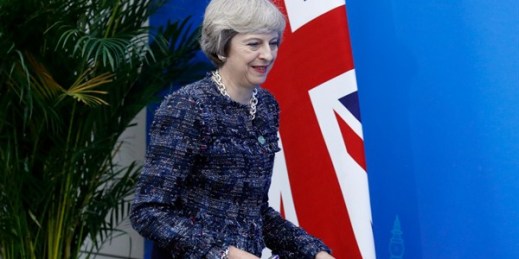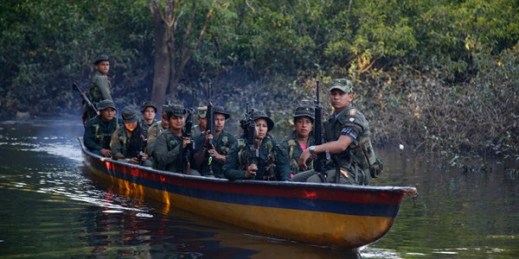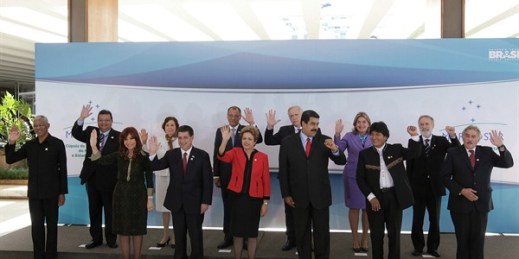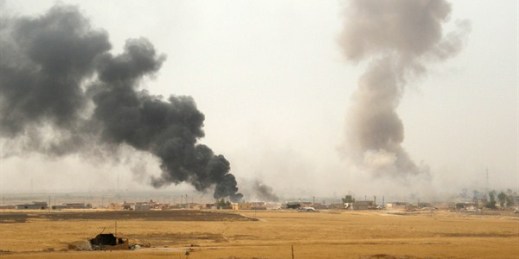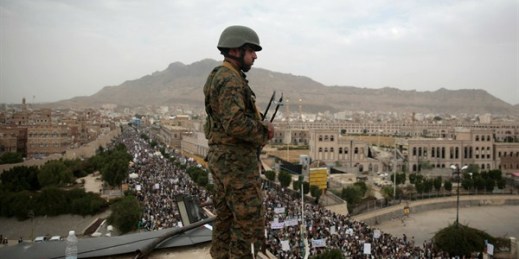
With the warring parties in Yemen locked in a stalemate on the ground, the battle for the Arab world’s poorest country is moving to a new front: the economy. The government-in-exile of President Abd Rabbu Mansour Hadi is planning to shut down the Central Bank of Yemen in the capital, Sanaa—a city that Houthi rebels have controlled for two years—and establish a new bank in the southern port city of Aden. Hadi hopes to cut off financing to the alliance of Houthi rebels and military units loyal to former President Ali Abdullah Saleh, which control Yemen’s northwestern highlands and western […]

